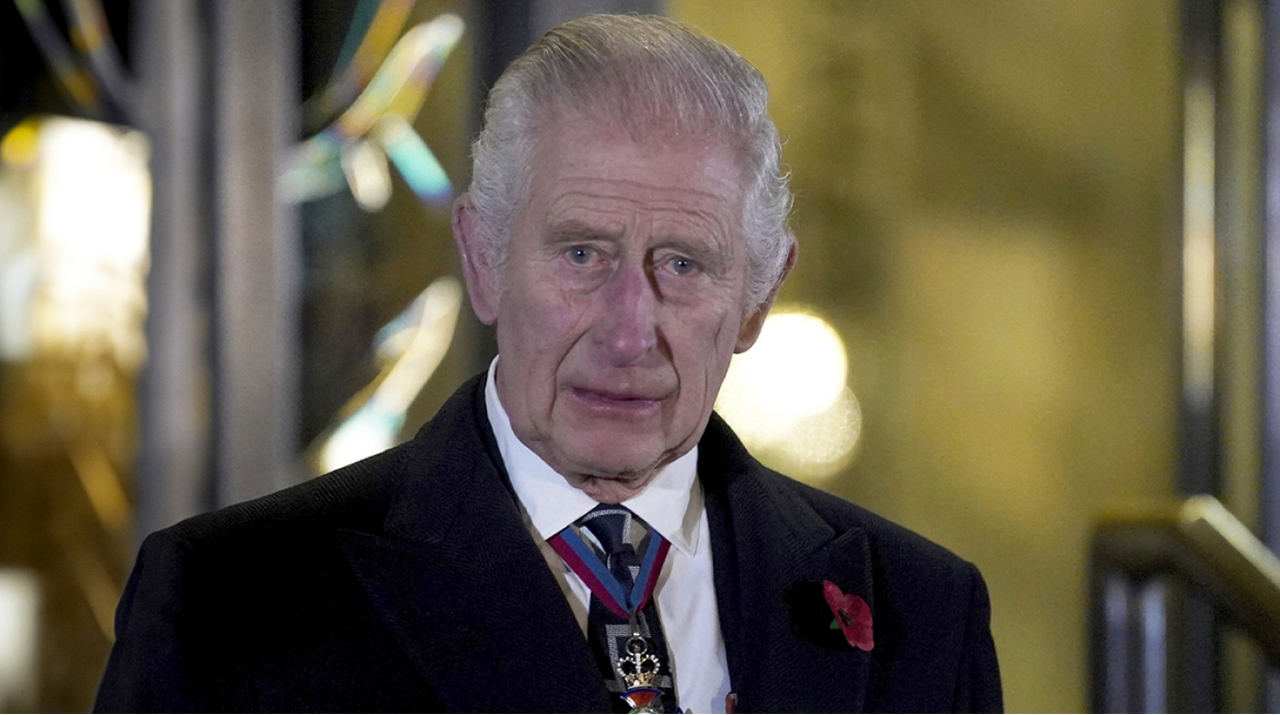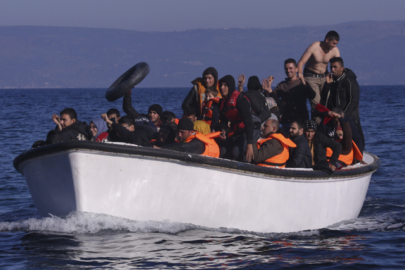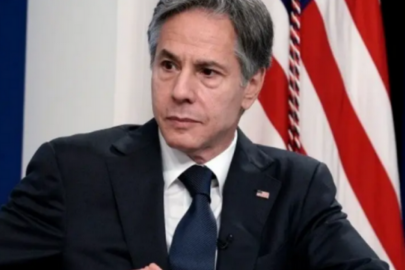The news of King Charles III’s cancer diagnosis has refocused attention on the responsibilities of Britain’s monarch and revived a central question about the country’s centuries-old system of government: What does the king actually do?
Under Britain’s constitutional monarchy, the king is head of state but must remain politically neutral and leave policy-making to the elected Parliament.
He is obliged to follow the government’s advice and not act on his own opinions.
But even in his largely ceremonial job, Charles performs a number of duties integral to the running of the U.K.
His most visible role is at the annual State Opening of Parliament, where the monarch sets out the government’s agenda in a formal address.
The speech is written by the government and contains a summary of the legislation proposed for the forthcoming parliamentary session.
Charles, 75, first delivered the King’s Speech in November, although he delivered the last Queen’s Speech of his mother’s reign on her behalf in 2022 when she dropped out due to health issues.
Recent mega-hurricanes prompt calls for a new Category 6
The monarch also gives royal assent to bills passed by Parliament, meaning that all legislation must receive his sign-off to become law.
He or she plays a similar part in appointing new prime ministers and Cabinet members.
The sovereign dissolves Parliament before a general election and invites the leader of the party that won to become prime minister and to form a government.
Two days before her death on Sept. 8, 2022, Charles’ mother, Queen Elizabeth II, appointed Liz Truss to what turned out to be only a six-week term as prime minister.
Continue here: AP






































